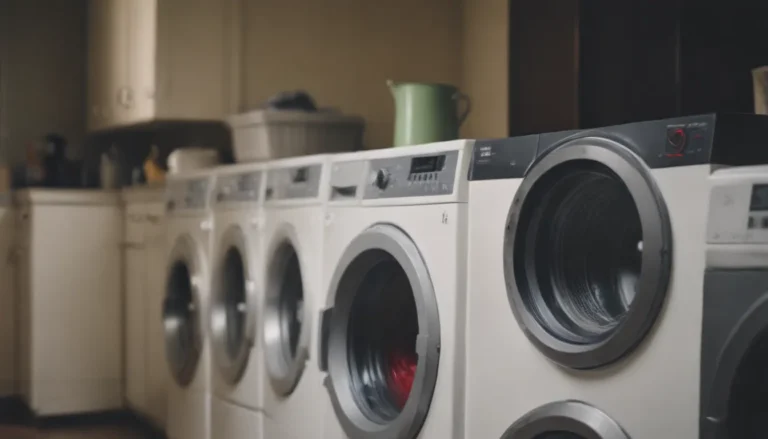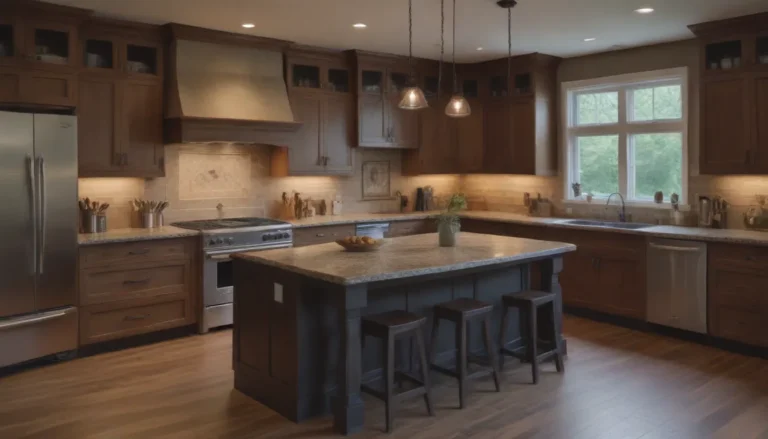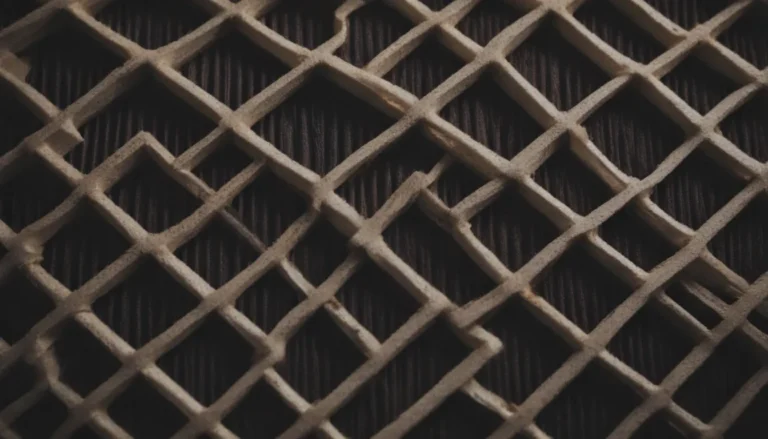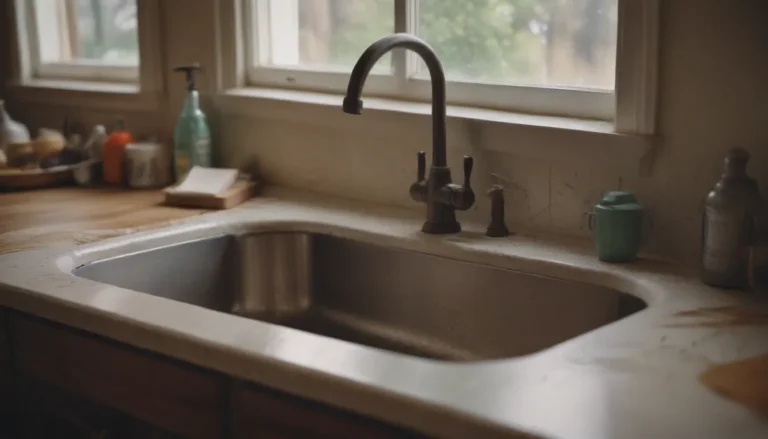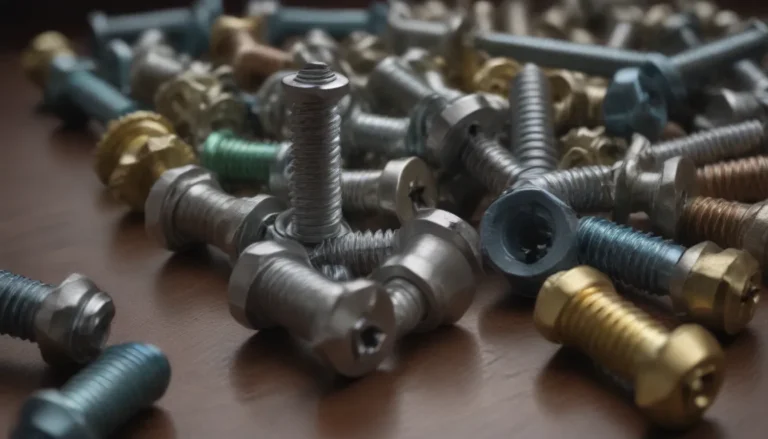Maximizing Your Home’s Resale Value Through Flooring Choices
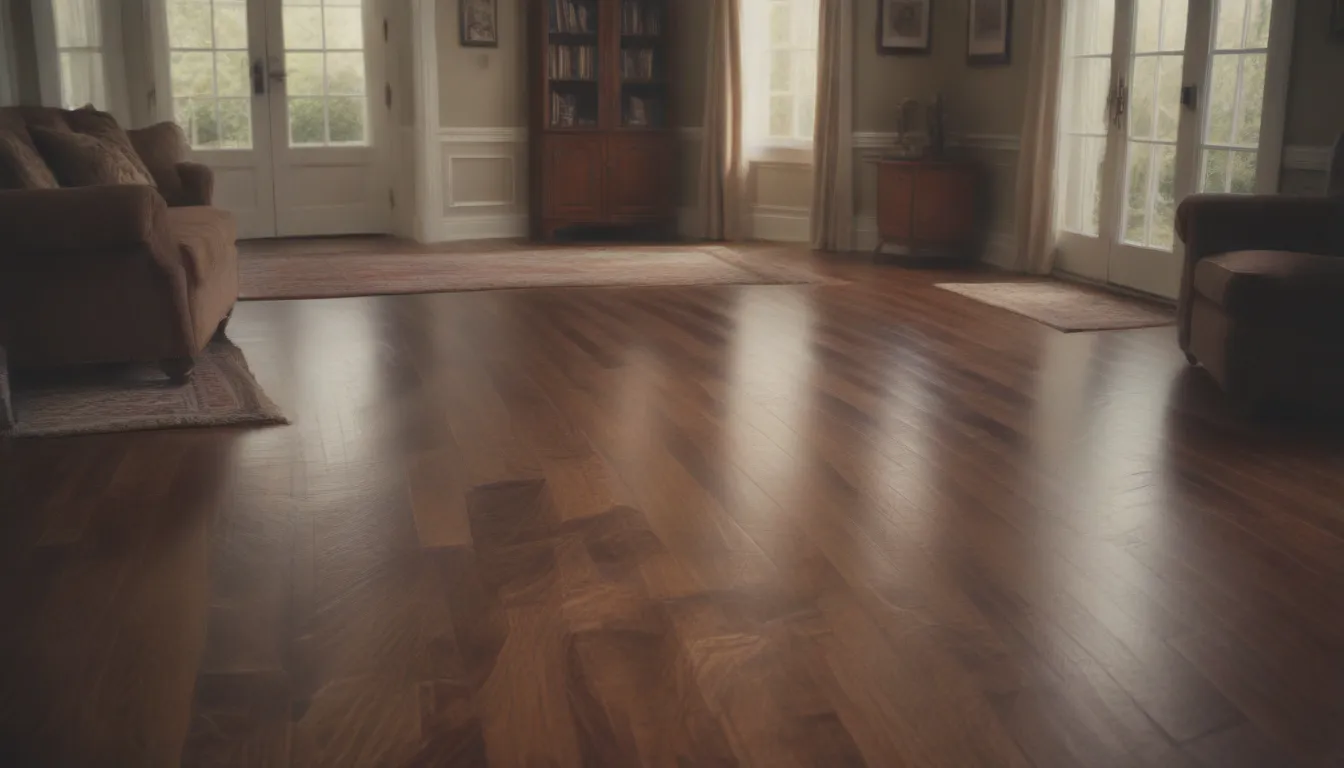
Are you considering remodeling or renovating your home? If so, it’s essential to think not only about the immediate benefits and comfort of your living space but also about the potential resale value of your home in the future. As U.S. citizens tend to be very mobile, it’s crucial to consider how your flooring choices could impact the resale value of your home down the line.
Understanding the Influence of Flooring on Resale Value
When it comes to flooring, perception plays a significant role in determining resale value. The appearance and quality of the flooring in a home can leave a lasting impression on potential buyers. While there is no definitive data to support the claim that specific types of flooring directly result in higher resale values, there are some common perceptions in the real estate market:
- Wood Flooring: Wood flooring, particularly engineered wood or solid hardwood, is often perceived to have a higher resale value compared to other flooring options. Its visual appeal and durability make it a popular choice among homebuyers.
- Laminate Flooring: While laminate flooring is more affordable than wood flooring, it is often considered to have a lower resale value. However, high-quality laminate floors may offer better resale value than lower-end products.
- Resilient Flooring: Resilient flooring, such as luxury vinyl plank, falls somewhere in between laminate and wood flooring in terms of perceived resale value. Thicker, higher-quality resilient flooring may have a better impact on resale value.
- Wall-to-Wall Carpeting: Wall-to-wall carpeting is generally viewed as having a lower resale value due to its shorter lifespan and maintenance requirements.
Examining Perceptions vs. Data
While anecdotal evidence and industry beliefs suggest that wood flooring can increase the resale value of a home, there is limited hard data to support this claim. Real estate professionals often express the belief that houses with hardwood flooring sell for more, but this perception is not always backed by concrete figures.
One of the best sources for understanding the ROI of home remodeling projects is the Cost vs. Value Report from Remodeling Magazine. While this report primarily focuses on larger renovation projects, it provides insights from experienced professionals in the industry. The subjective perceptions of these experts are combined with objective data to offer a comprehensive view of the value of various home upgrades.
Making Informed Flooring Choices
Ultimately, the decision to choose a particular type of flooring should be based on your personal preferences and lifestyle needs. While considering the potential resale value of your home is important, it’s equally essential to select flooring that aligns with your taste and budget.
Here are some key points to keep in mind when selecting flooring for your home:
- Choose flooring that complements the overall aesthetic of your home.
- Consider the durability and maintenance requirements of different flooring materials.
- Opt for high-quality products that offer long-term value.
- Seek professional advice from real estate agents or interior designers to make informed decisions.
While the exact impact of flooring choices on resale value may vary, investing in quality flooring can enhance the overall appeal and marketability of your home. Whether you prefer the timeless elegance of wood flooring or the practicality of resilient options, selecting the right flooring can make a difference in how your home is perceived by potential buyers.
In conclusion, while the resale value of flooring is largely based on perception rather than concrete data, choosing the right flooring for your home can enhance its market appeal and potentially increase its value. By understanding the factors that influence resale value and making informed decisions about flooring choices, you can maximize the return on investment for your home improvement projects.
